
 Reading, Short And Deep #063
Reading, Short And Deep #063
Eric S. Rabkin and Jesse Willis discuss The Hashish Man by Lord Dunsany
Here’s a link to a PDF of the story.
The Hashish Man was first published in A Dreamer’s Tales, 1910.
Posted by Scott D. Danielson

 Reading, Short And Deep #063
Reading, Short And Deep #063
Eric S. Rabkin and Jesse Willis discuss The Hashish Man by Lord Dunsany
Here’s a link to a PDF of the story.
The Hashish Man was first published in A Dreamer’s Tales, 1910.
Posted by Scott D. Danielson

 The SFFaudio Podcast #303 – Jesse and Paul Weimer talk about The Narrative Of Arthur Gordon Pym Of Nantucket by Edgar Allan Poe
The SFFaudio Podcast #303 – Jesse and Paul Weimer talk about The Narrative Of Arthur Gordon Pym Of Nantucket by Edgar Allan Poe
Talked about on today’s show:
1838, Poe’s only completed novel, Paul’s Poe years, The Tell-Tale Heart, a macabre sort of phase, Deus Irae by Philip K. Dick and Roger Zelazny, fix-ups, Premature Burial, Ms. Found In A Bottle, The Oblong Box, The Gold Bug, secret codes, Poe is old and public domain and not particularly racist, The Pit And The Pendulum, the Poe theme, the death of a beautiful woman is conspicuous by her absence, the meta-commentary, Tristram Shandy, The Cask Of Amontillado, a dog named Tyger (burning bright?), William Blake, Jules Verne, An Antarctic Mystery, Ms. Found In A Copper Cylinder, Antarctica, “Ms. Found In A…”, “it was begun to have been serialized”, fake stories as true stories, Captain Cook’s Antarctic expeditions, “a labyrinth of lumber”, how to load a ship, Moby Dick by Herman Melville, Washington Irving, SF as a generally American phenomenon, a slow creep of fantastic elements, full-blown surrealism, the drinking, on the Grampus, dressing like a ghost, another phantom in white, “Mr. Pym is not available”, a genuine narrative, missing islands, a metaphor for alcoholism, sailing in a storm, half-sunk/drunk, echoes, the plague ship, the Penguin, echoes, all these lies, a note from the Wikipedia entry, fictional analogues for real events, autobiographical drinking, The Lighthouse by Edgar Allan Poe (a fragment), “I expected to inherit some money”, money problems, “he’s pouring his troubles into this manuscript”, this is Poe’s version of Dude, Where’s My Car?, an unreliable narrator, an excellent story, Samuel Taylor Coleridge’s The Rime Of The Ancient Mariner, albatrosses, thematic similarities, they eat many birds, “an unmentionable thought”, subsequent cannibalism, the same ghost ship as in Rime?, Antarctic spirits, H.P. Lovecraft, the subtitle:
Comprising the Details of Mutiny and Atrocious Butchery on Board the American Brig Grampus, on Her Way to the South Seas, in the Month of June, 1827. With an Account of the Recapture of the Vessel by the Survivers; Their Shipwreck and Subsequent Horrible Sufferings from Famine; Their Deliverance by Means of the British Schooner Jane Guy; the Brief Cruise of this Latter Vessel in the Atlantic Ocean; Her Capture, and the Massacre of Her Crew Among a Group of Islands in the Eighty-Fourth Parallel of Southern Latitude; Together with the Incredible Adventures and Discoveries Still Farther South to Which That Distressing Calamity Gave Rise.
who wrote the subtitle?, they didn’t have the concept of spoilers, the opposite of a spoiler, The Savage Land (Marvel Universe), Edgar Rice Burroughs’ The Land That Time Forgot, a hollow earth theory, this is a Science Fiction book in a strange sense, what’s with the multi-layered coloured water?, the strange creatures, the creature’s corpse in the white waters, is Australia a place?, At The Mountains Of Madness, why Poe is not in outer space, basically these Antarctic people are aliens, this is very Stanley G. Weinbaum (A Martian Odyssey), Michael Moorcock’s Seas Of Fate, H. Rider Haggard, duplicitous natives in the black land, what will be in the white lands?, a heavily read book (in the 19th century), The House Of The Seven Gables by Nathaniel Hawthorne, when Lovecraft describes it…, haunted by the architecture of homes, Lovecraft’s description of Pym:
“In the Narrative of A. Gordon Pym the voyagers reach first a strange south polar land of murderous savages where nothing is white and where vast rocky ravines have the form of titanic Egyptian letters spelling terrible primal arcana of earth; and thereafter a still more mysterious realm where everything is white, and where shrouded giants and snowy-plumed birds guard a cryptic cataract of mist which empties from immeasurable celestial heights into a torrid milky sea.”
pouring into the hollow Earth?, Journey To The Center Of The Earth, At The Earth’s Core, Kublah Khan by Samuel Taylor Coleridge, leaving the ending open to the reader, how will he get back to Nantucket?, the names A. Gordon Pym and E. Allan Poe, framing devices, The Turn Of The Screw, a framing device gives the reader an extra distance, The Secret Sharer by Joseph Conrad, Robert Silverberg’s The Secret Sharer, the southern polar bear, “Tekeli-li, tekeli-li.” the face of an open book, downy feathers, what does it mean?, whiteness, philological scrutiny, “white-phobic”, the audiobook narration, copyright, a total Poe thing to do, Poe loved cryptography, Poe would be writing in Elvish, a font nerd, hanging out with Charles Stross and Alan Moore, can you imagine Poe at a Worldcon?, a drunkard’s story, shoplifting at The Innsmouth Bookshop, Fungi From Yuggoth XV: Antarktos:
Deep in my dream the great bird whispered queerly
Of the black cone amid the polar waste;
Pushing above the ice-sheet lone and drearly,
By storm-crazed aeons battered and defaced.
Hither no living earth-shapes take their courses,
And only pale auroras and faint suns
Glow on that pitted rock, whose primal sources
Are guessed at dimly by the Elder Ones.If men should glimpse it, they would merely wonder
What tricky mound of Nature’s build they spied;
But the bird told of vaster parts, that under
The mile-deep ice-shroud crouch and brood and bide.
God help the dreamer whose mad visions shew
Those dead eyes set in crystal gulfs below!
the black cone, the primal sources, Lovecraft quoting himself, that shrouded white figure, “Tekeli-li don’t kill the albatross”, Lemuria, Thule, the novel as a journey, how do you return from the surreal?, what happened to Tyger?, they ate him!, Dirk Peters (so manly he has two penises), Tyger’s collar, someone was going to drown the dog, poor Tyger, a horrendously awful horrifying experience, when Paul Theroux visited Jorge Luis Borges he read him The Narrative Of Arthur Gordon Pym Of Nantucket, Borges thought Pym was Poe’s greatest work, the interest in the meta, strange runes, Lovecraft was a teetotaler, deep into madness (not drunken madness), genetic disease or confronting reality, The Call of Cthulhu, dreams, a fever dream?, forgetting, a change in tenses, the missing two or three final chapters, Xeno’s paradox, a Mercator map, and Greenland, is that all racism?, “a nautical negro”, Toni Morrison, the black cook, don’t go into a tiny box-canyon with natives of any colour, scrupulously honest, earlier bushwhacked voyagers, going piratical?, going whaling?, the mutiny, Mr. Starbuck, why is Pym stowing away in the first place?, the captain that ran them down was drunk, boating skills, Treasure Island, Augustus’ father, the inexplicable weevils, “taking liberally from the spirits”, this narrative is full of holes, a free sea voyage, Pym is a teenager, everybody has a boat on Nantucket, an adventure of a lifetime, Pym is “not available”, Jeremiah N. Reynolds, Poe’s last word was “Reynolds”, a possibly apocryphal story, Mocha Dick, the long conversation of conversation of Science Fiction, Moby Dick is in dialogue with Pym and Mocha Dick, bibliographic archaeology, The Island Of Doctor Moreau by H.G. Wells, in a dinghy, considering cannibalism, drawing straws, “and dropped like stones”, did their bones dropped likes stones?, the narrator becomes more and more unreliable, dis-masted, a teetotaler who drinks only coffee.



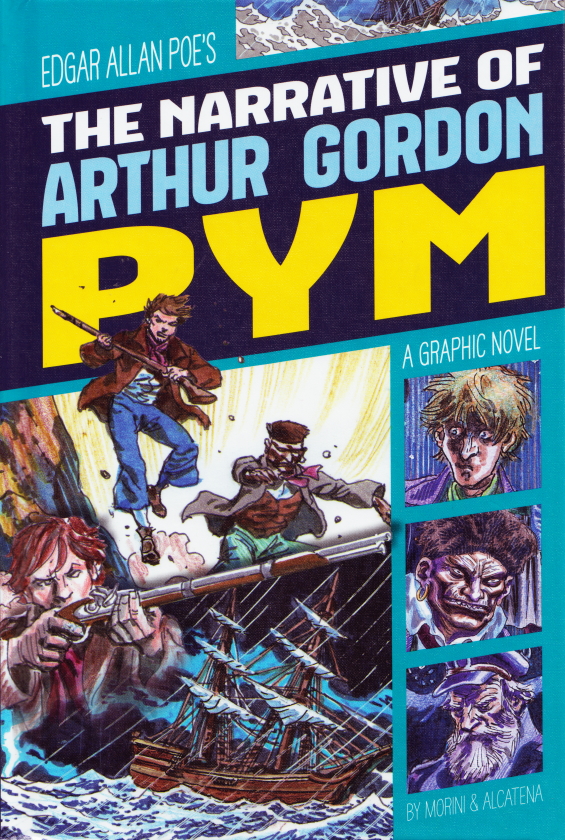
Posted by Jesse Willis

 The SFFaudio Podcast #298 – Northanger Abbey by Jane Austen, read by Elizabeth Klett.
The SFFaudio Podcast #298 – Northanger Abbey by Jane Austen, read by Elizabeth Klett.
This UNABRIDGED AUDIOBOOK (6 hours 55 minutes) comes to us courtesy of LibriVox.org. Jane Austen was first published in 1817.
The next SFFaudio Podcast will feature our discussion of it!

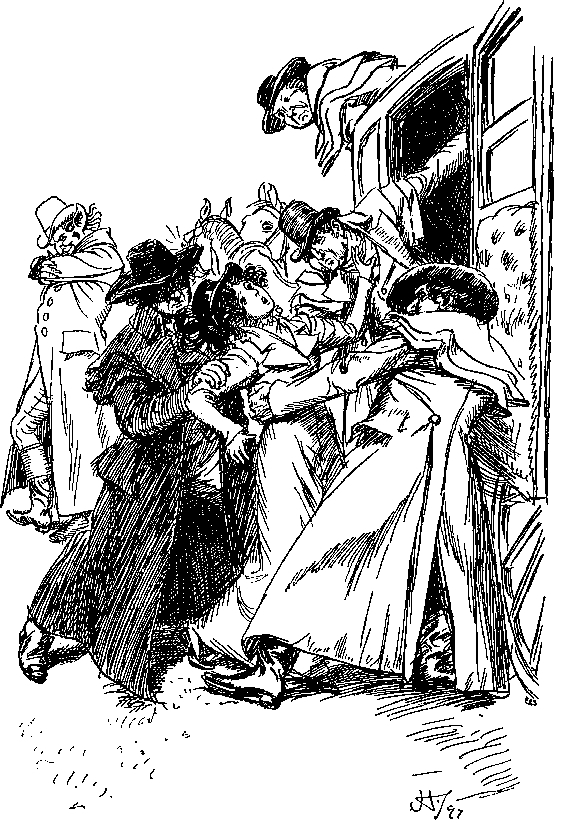



Posted by Jesse Willis

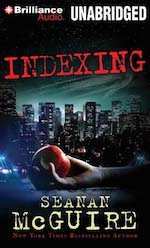 Indexing
Indexing
By Seanan McGuire; Read by Mary Robinette Kowal
Publisher: Brilliance Audio
Publication Date: 4 March 2014
[UNABRIDGED] – 13 hours
Themes: / metafiction / urban fantasy / fairy tales
I’m usually opposed to quoting the synopsis in my reviews–it’s just fluffing my word count! But I’m not even going to try to explain the premise of Indexing myself, so this time I’ll let the synopsis do all the heavy lifting.
“Never underestimate the power of a good story.”
Good advice…especially when a story can kill you.For most people, the story of their lives is just that: the accumulation of time, encounters, and actions into a cohesive whole. But for an unfortunate few, that day-to-day existence is affected—perhaps infected is a better word—by memetic incursion: where fairy tale narratives become reality, often with disastrous results.
That’s where the ATI Management Bureau steps in, an organization tasked with protecting the world from fairy tales, even while most of their agents are struggling to keep their own fantastic archetypes from taking over their lives. When you’re dealing with storybook narratives in the real world, it doesn’t matter if you’re Snow White, Sleeping Beauty, or the Wicked Queen: no one gets a happily ever after.
Indexing is New York Times bestselling author Seanan McGuire’s new urban fantasy where everything you thought you knew about fairy tales gets turned on its head.
As the author of both the October Day series and, under the pseudonym Mira Grant, the Newsflesh trilogy, Seanan McGuire is no stranger to writing urban fantasy. But, as you may have deduced from the blurb, Indexing is not your run-of-the-mill hot vampire-on-werewolf ménage-a-trois urban fantasy. Instead, it’s populated with fairy tales. Here be Pied Pipers, Frog Princes, and Mother Gooses (Geese?) in spades. In the moribund desertscape of urban fantasy, Indexing is a cool refreshing garden grown wild with novelties. McGuire’s writing is dynamic enough to play fair with both the here-and-now realities of an urban setting and the timeless terrible beauty of fairy tales. Like quicksilver, the tone can glide from spunky 21st-century dialogue riddled with F-bombs to an ethereal transcendence full of snow and moonlight.
The presence of stories come to life in the world of Indexing places it squarely in the realm of metafiction. In fact, the book takes its title from the very real Aarne-Thompson Index, a comprehensive listing of folktale types compiled in the early twentieth century. In the land of metafiction, Indexing has some pretty affluent neighbors, such as Italo Calvino’s If On A Winter’s Night A Traveler and Jorge Luis Borges’s The Library of Babel. Unfortunately in this regard the book fails to measure up, like that rundown house you drive by on your street and mutter about how you wish the neighbors would cut their grass. The premise itself is intriguing in exactly the way that speculative fiction is supposed to be, but the underlying worldview is overly pessimistic. In this story, Narrative itself is a character, or at least a vital force, trying to impose itself onto our order of reality. According to the world of Indexing, this is almost always a very bad thing, something that needs to be stopped. The novel’s closing chapters bring to light some extenuating circumstances that lend this structure a modicum of feasibility, but the reader still comes away with the sense that our world is better off without fairy tales made manifest stalking our streets.
As I write this, it occurs to me that this bothers me so much because it’s at odds with why I read speculative fiction in the first place. I firmly believe that these stories really do make our world better, in a very tangible way. I’m not saying we should unleash every fictional character on the streets of New York–there would probably be utter chaos. But there would be hope too. There would be Aragorn, for example, and Optimus Prime, and–you get the idea. The influx of story into our own world, “mimetic incursions” as they’re called in Indexing, needn’t always be the harbingers of misery and ruin. In fact, I think I took personal offense at the book’s denigration of stories. And then, of course, there’s the added irony that we’re actually reading, or listening to, a story. Just what sorts of mimetic incursions will Indexing spawn, I wonder. Ahh, the joys of peeling the layers of metafiction, kind of like an onion, but pointier and more slippery.
To be clear, my criticism of the novel’s metafiction is purely ideological. Leaving those aside, McGuire tells a damn good story. The pacing ratchets up the suspense like a mystery novel, and the writing, as I said, is sturdy as a house made of bricks. (See what I did there? Three Litle Pigs reference? Okay, never mind, on with the review.) And even if the book’s metafiction elements are problematic, its exploration of storytelling does succeed on a psychological levee. Narrative psychology and therapy have become buzz words in the last twenty years, and on both individual and cultural levels we do think of our lives, both individually and collectively, as stories. In that sense, the main characters of Indexing become archetypes for ways in which people deal with their stories, their past, their trauma, whichever psychobabble catch phrase you like. Some fight it, others embrace it, while still others have more of a story than they think they do. Like most good speculative fiction, Indexing succeeds because of its powerful characterization.
Mary Robinette Kowal, a weaver of fantastic tales in her own right, shines as Indexing‘s narrator. Her performance of Henrietta Marchen, a recovering Snow White through whose eyes we see most of the book’s events, is at once confident and vulnerable in perfect measure. And I don’t think I’ve ever heard a female narrator quite reach the baritone depths that Kowal does when she voices the burly Andy Robinson. The only blemish in the performance is her portrayal of Sloan Winters, whose incurably foul mouth is already grating enough without eery sentence curling up at the end like a skunk’s tale. Perhaps Kowal is simply trying to instill in us, the listeners, the same distaste that Sloan’s teammates feel towards this Wicked Sister. But that’s the only cloud in the sky. The glamour of Kowal’s voice captures the capricious fairy-tale heart of Indexing.
In spite of my significant ideological qualms with the book, I thoroughly enjoyed McGuire’s foray into the world of fairy tales. There’s no indication that a sequel is in the works, which is a shame. I’d gladly spend more time with this world’s colorful characters and fairy tales, morose and morbid though they may be. And I would dearly love to learn that Narrative isn’t so bad after all.
Posted by Seth Wilson

Last night I discovered that Someday, a wonderful short story by Isaac Asimov, is PUBLIC DOMAIN.
I’ve posted the |PDF| from the original mag to our PDF PAGE (there’re hundreds more there by the way).
Someday set in a future in which everyone is illiterate (Asimov has another story, The Fun They Had, that has a similar premise). It talks about audio vs. video, robotics, artificial intelligence, creativity, empathy, and it has a terrific twist ending.
I think you’ll treasure it as much as I have over the years.
And here’s an audiobook version:
Part 1 of 3:
Part 2 of 3:
Part 3 of 3:
Posted by Jesse Willis

 The SFFaudio Podcast #258 – Jesse, Seth, and Maissa discuss The Star Rover (aka The Jacket) by Jack London.
The SFFaudio Podcast #258 – Jesse, Seth, and Maissa discuss The Star Rover (aka The Jacket) by Jack London.
Talked about on today’s show:
titled The Jacket in the UK; astral projection; what about alien past lives; the primordial ooze; the book is a laundry list of Jack London’s interests; structure resembles television flashbacks; knuckle-rap Morse Code; The Count of Monte Cristo; Seth recounts his own past-life story; Jesse and Maissa debate plausibility of reincarnation; Plato and the Land of the Forms; “little death” means something else in French; Ragnar Lodbrok based on Norse Mythology; anachronism; Korean history and turtle ships; Jesse attempts to use the Napoleon Complex to debunk reincarnation; everyman (and everywoman); does reincarnation extend beyond humanity?; “there’s only one soul”; Lucretius, star dust, and the recovery of scrolls from Herculaneum; “souls are totally bogus”; past lives as a metaphor for reading widely; prevalence of the number 40; hallucination; Jack London on surfing; multilingual reference as an indicator of fame; prison reform; interrogation, torture, and Guantanamo Bay; loosely adapted in 2005 film The Jacket; the 1923 silent film adaptation is sadly lost; comparing and contrasting with The Iron Heel; T.C. Boyle’s The Relive Box in The New Yorker; Until the End of the World, a film about reliving dreams; on cultivating sleep; frame narrative; sexism; historical basis for character names; H.P. Lovecraft, Samuel Taylor Coleridge, and the creative power of dreams; confabulation; Total Recall; “faith in the lordship of my mind”; the odd importance of tobacco; The Island of Doctor Moreau by H.G. Wells.
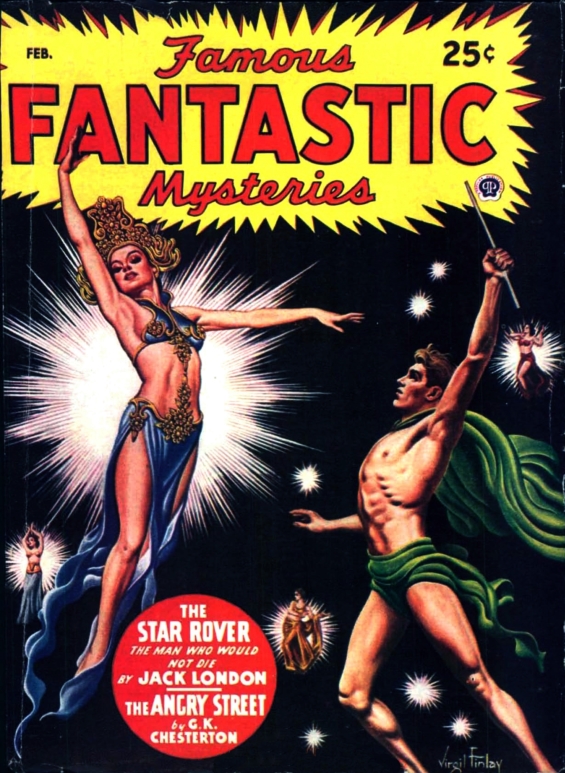
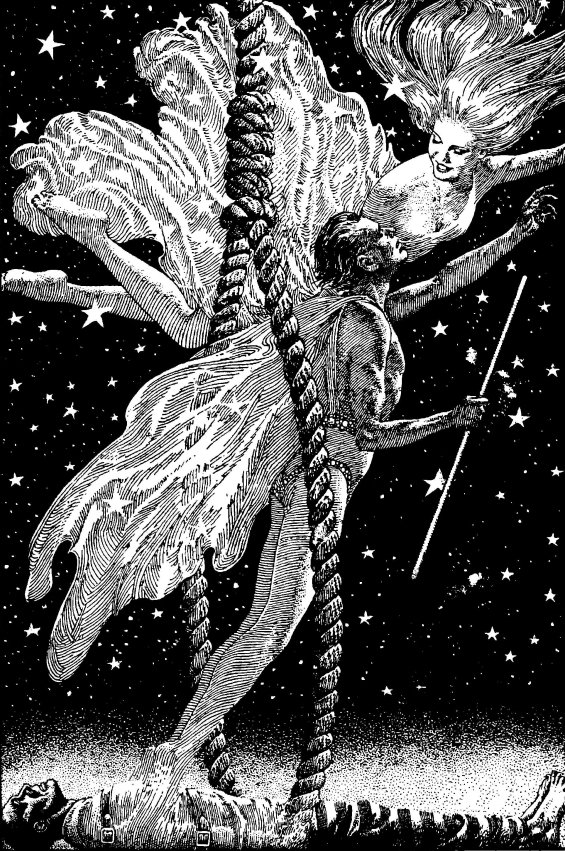

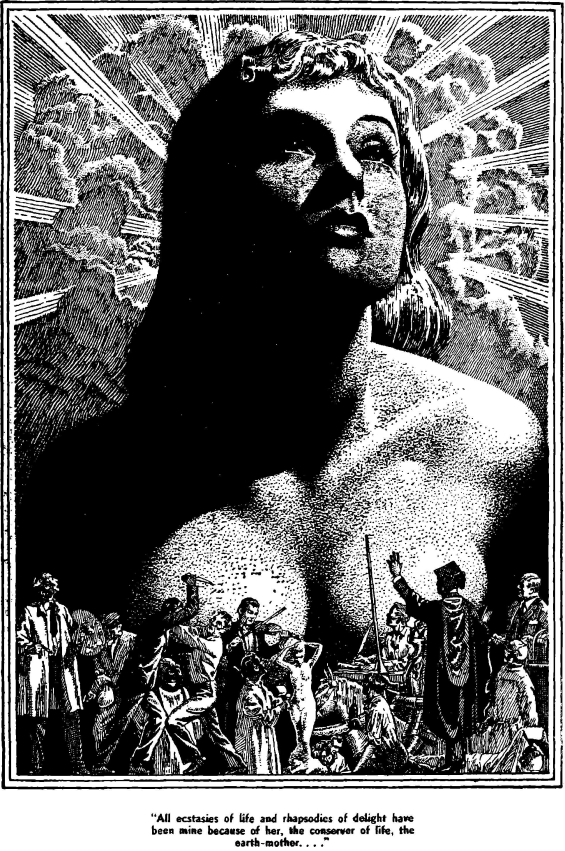
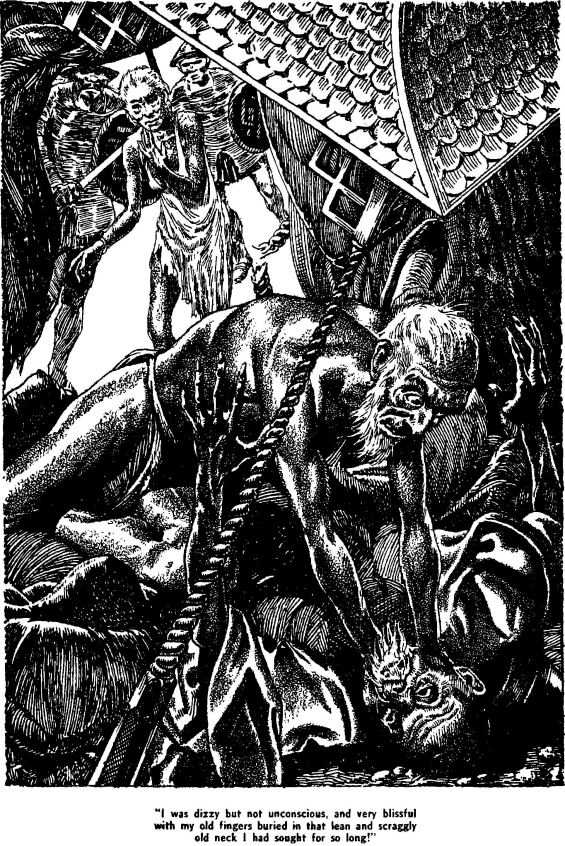
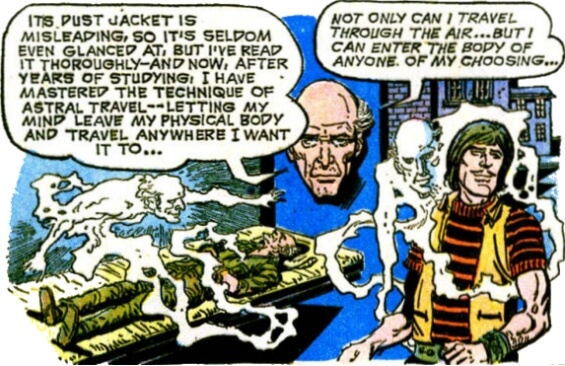
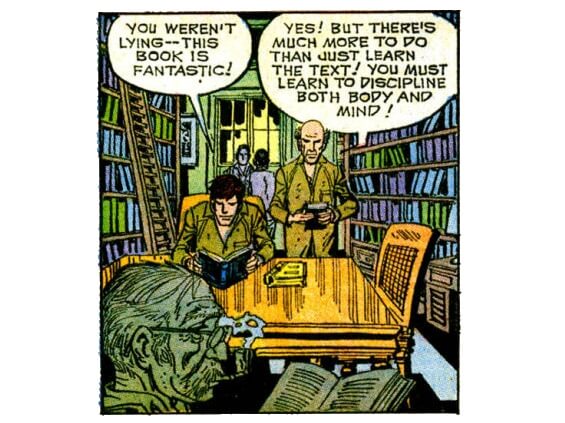
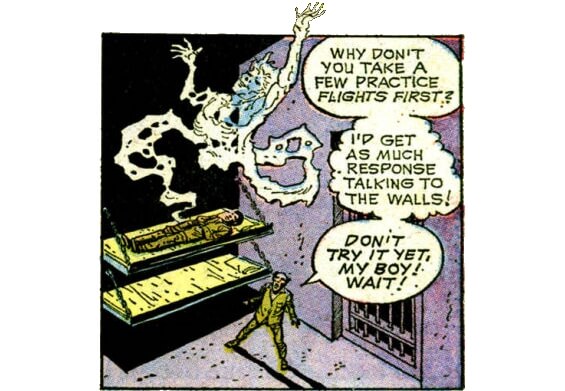
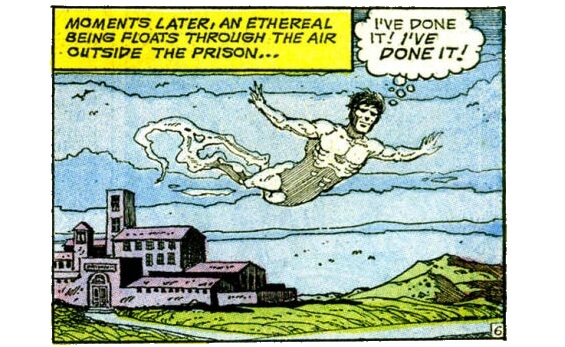
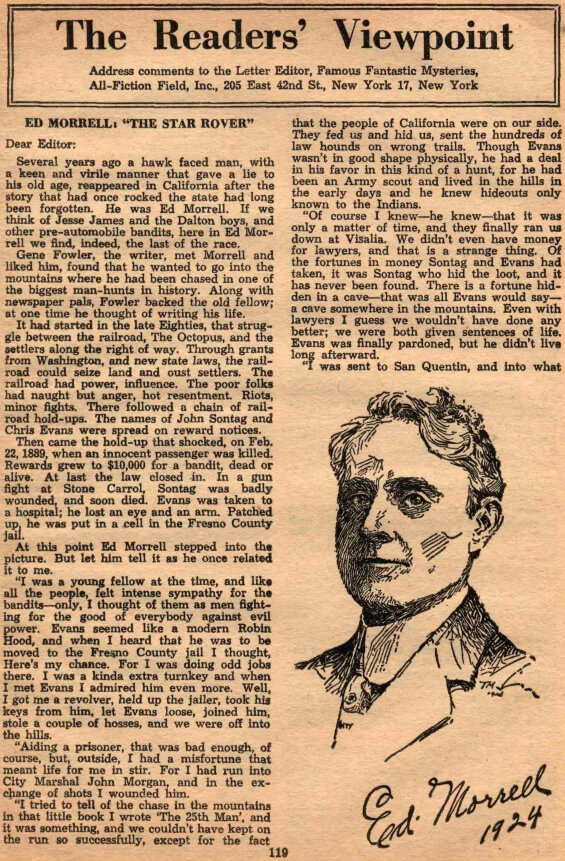
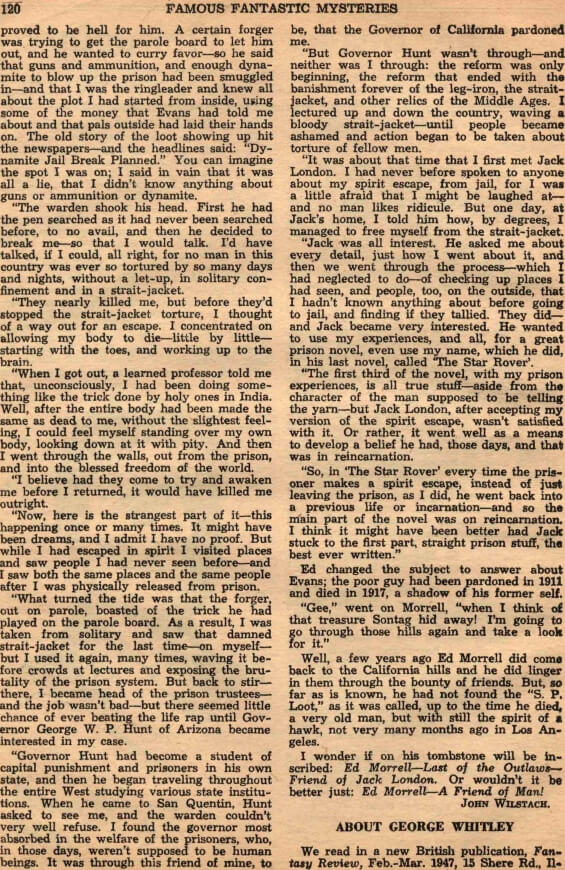
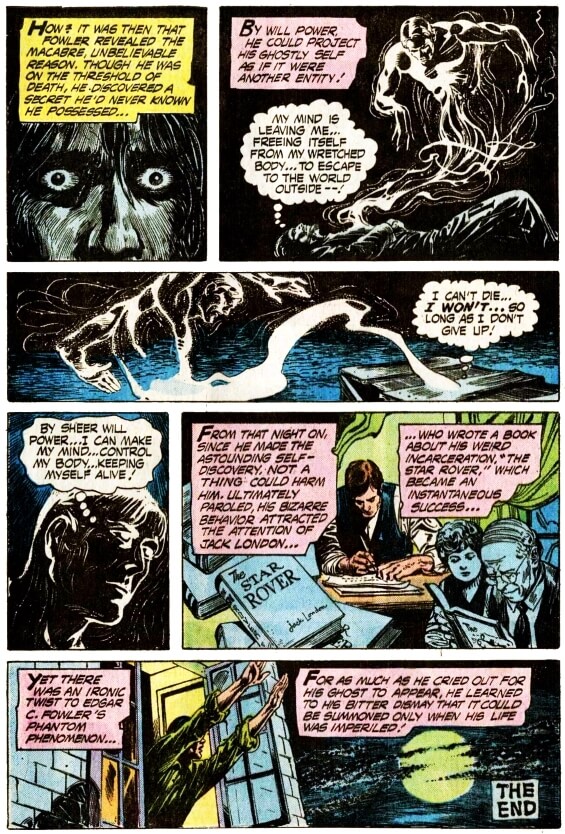
Posted by Jesse Willis